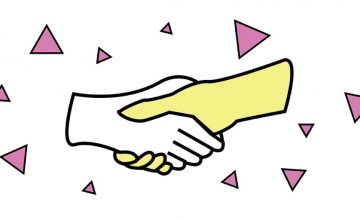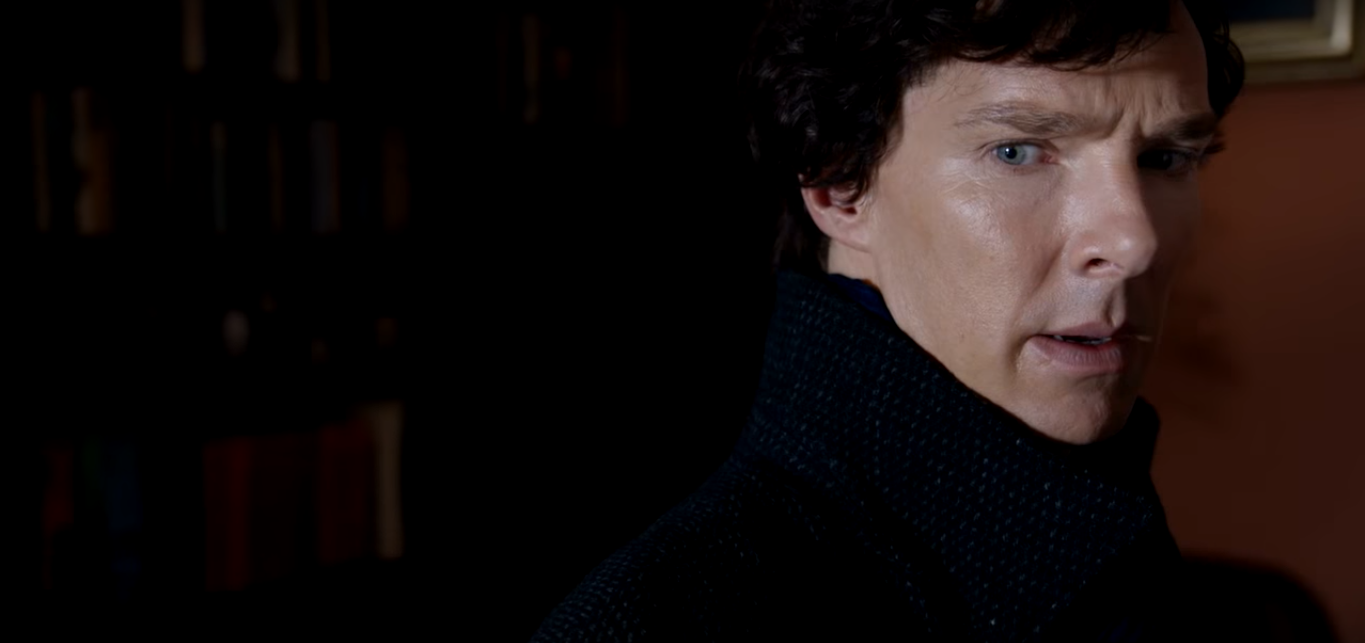I’m about to say something controversial yet brave: “Start-Up” is still a powerful K-drama even without the romance subplot.
The title “K-drama aficionado” in our house belongs to my mother. Even so, I’m familiar enough with its tropes to discuss it. There are existing K-dramas out there in which romance isn’t the highlight (“Signal,” “Sky Castle,” you know the vibes). But more often than not, romance plays a big role in the genre.
K-dramas often have the following: plucky female lead, charismatic yet earnest male romantic interest and an anti-hero second male character. In between these entanglements are hard-hitting issues like Korean corporate drama and dysfunctional family crisis. It’s formulaic but it depends on where the showrunners take the story.
“Start-Up” is a bit different. Although it tackles romance, it is not the show’s heart. Instead, it’s dreams and the real price of following it.
This K-drama is set in SoKor’s fictional Silicon Valley called Sandbox. Here, the paths of aspiring CEO Seo Dal Mi (Bae Suzy) and tech whiz Nam Do San (Nam Joo-hyuk) collide. Dal Mi is a high school undergrad wanting to prove herself to the family that abandoned her father for money and stability. As for Do San, he’s a former child prodigy trying to make it big with his failing start-up Samsan Tech.
At a time when “impostor syndrome” hits hard, “Start-Up” mirrors this pain through its two main leads.
Their journey officially begins at Sandbox. Although Dal Mi is a stranger to Do San, she knows him not as a prodigy but as the former pen pal her grandmother connected her with. Little did she know that this character who shares the same name was something her grandmother only made up.
It isn’t another will they/won’t they love story set in a glorified Apple Store. Believe me when I say it is more complex and nuanced than that. At a time when “impostor syndrome” hits hard, “Start-Up” mirrors this pain through its two main leads.
“Impostor syndrome,” as defined by our writer Danea Vilog, is “the odd feeling that you don’t deserve what you have or where you are in life at the moment because of the idea that you only achieved it through sheer dumb luck.” This is the recurring theme of “Start-Up.” It’s not “romance will save the day” but rather “the worth of one’s passion.”
Dal Mi and Do San are two underdogs desperate to pull off something true and real themselves and the people around them. Dal Mi is a working class high school undergrad who dreams big while Do San tries to outgrow the pains of being a wunderkind by finally doing what he wants, not what his parents wanted him to.
“Fall is coming, but I’m falling before I get to bloom. Will I bloom next year?” says Dal Mi to her grandmother when she experiences her latest failure. Throughout the series, these two characters win some and lose a lot while chasing their dreams. Do San coins himself as an “idiot trying to be a genius” and Dal Mi limits herself by recalling what privileges she lacks.
In the series, the second male lead Jipyeong has also gone through impostor syndrome ever since he was a kid. Dal Mi’s grandmother calls him a good boy. He never believes her, not once, telling her, “I pretend to be the smartest in the world, but in reality, I’m just an idiot who knows nothing. I’m not a good boy.”
In “Start-Up,” it illustrates passion’s fine print: We’ll never get exactly what we want but it’s worth a shot.
Now the series is coming to an end and I’m unsure of its conclusion on what a person can do after living through impostor syndrome. Is it the reality of following passion? Is it the price of investing in oneself?
We don’t have concrete answers just yet. However, I applaud how the characters humanize this phenomenon. We are taught to follow our dreams and the rest will fall in place. As we grow older, we start to realize that it’s not as simple as fairy tales that Disney had made it out to be.
“I’m a jerk who hurts other people with harsh words. I pretend to be the smartest in the world, but in reality, I’m just an idiot who knows nothing… I’m not a good boy.”
-Ji-pyeong#StartUpEp12#StartUp pic.twitter.com/jTSsKg93XT
— Netflix and Quotes (@NetflixQuote) November 22, 2020
Impostor syndrome is a product of our child-like idealism. When we were growing up, we hoped and hoped and hoped. We wanted to achieve a lot and experience a lot. As we reach our 20s or our 30s, we begin to realize the implications of following our dreams. We begin to realize that we’re not limitless like we thought we were.
Just like Dal Mi, we might be limited by our financial situation. We might be boxed in by our past as an overachiever like Do San. Or just like Jipyeong, we could be raised in an environment where no one invested in us in the first place. Passion and dreams are complicated. In “Start-Up,” it illustrates passion’s fine print: We’ll never get exactly what we want but it’s worth a shot.
Fuck #TeamDoSan or #TeamJipyeong. “Start-Up”’s lessons on the price of passion is its real legacy.
Read more:
Fans of Nam Joo Hyuk pushes fans to educate the fanbase on safe spaces
I’m having a hard time ejecting this impostor (syndrome)
Honest, unfiltered advice on passion and practicality
Still from “Start-Up”
























Comments